Lebanese PM Mikati says he will not run in May parliamentary elections
Lebanese Prime Minister Najib Mikati has announced that he will not run in the upcoming parliamentary elections, scheduled for May 15, and that he will instead support the efforts of the elected individuals.
While announcing the news in a television address on Monday, the Lebanese premier called on Lebanese people to turn out to vote and said his move aimed to “provide room for the new generation.”
“I will support the efforts of those chosen by the people and cooperate with everyone for the public interest,” he said.
Mikati, who had pledged to run governmental affairs far from any disputes, was appointed as Lebanon’s prime minister last year. He was briefly caretaker prime minister for several months in April 2005 and then headed a full-fledged government in 2011 for three years.
Among Mikati’s endorsers was former premier Saad Hariri.
The announcement by Mikati follows a similar one by Hariri earlier this year saying that he will not run in the elections and neither will members of the Future Movement.
Hariri, a three-time prime minister and current member of parliament, further acknowledged that he had failed to prevent Lebanon from falling into the worst economic crisis in its modern history.
Hariri inherited the political leadership from his father, Rafik Hariri, after his assassination in 2005.
The withdrawal of Hariri and his associates from politics followed years of strained relations with former backer Saudi Arabia over what the Persian Gulf state perceived as his weakness in the face of Lebanon’s Hezbollah resistance movement, which has growing social and political influence among public masses in the country.
Days after Hariri said he will not run in the elections, Hezbollah said it expected the Mediterranean country’s parliamentary elections to be held on time in May.
Lebanon’s President Michel Aoun has also said he saw no reason for an election delay.
Lebanon has been mired in a deep financial crisis since late 2019, which has caused the Lebanese pound to lose around 90 percent of its value to the dollar and led its banking system to collapse.
In addition, Hezbollah and Amal in October last year initiated a boycott of cabinet sessions as a form of protest against the handling of an investigation into the huge Beirut port blast in 2020.
The groups have sought the removal of Judge Tarek Bitar, who has been overseeing the investigation, denouncing his “politicization” of the probe.
But the powerful Lebanese groups said in January they would end the boycott, opening the way for ministers to meet after a three-month gap.
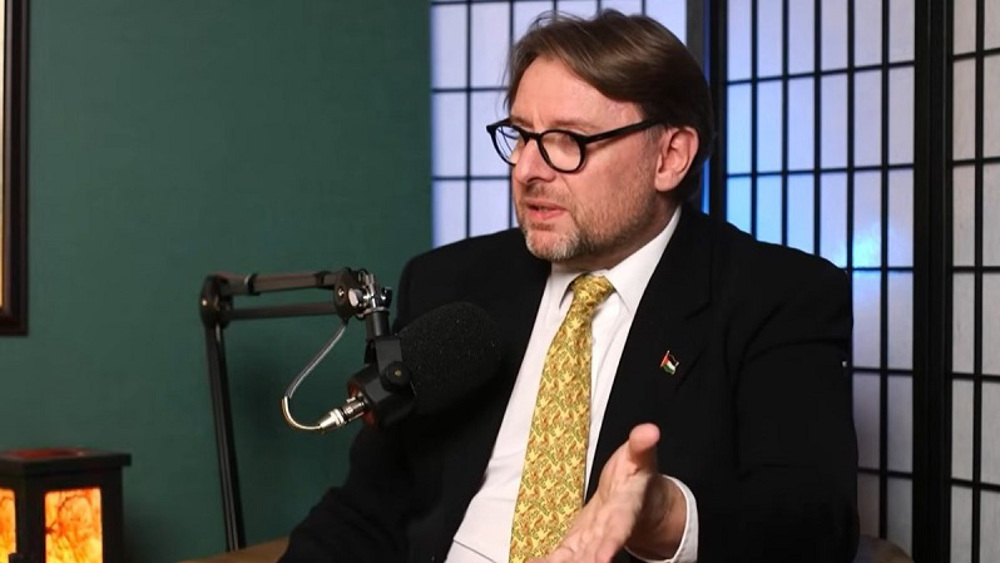
Abuse of UK Terrorism Act

IMF, World Bank tie aid to Lebanon to Hezbollah disarmament

Two killed in Israeli drone strike in Lebanon in new violation of truce
‘End to violence’: Iran welcomes PKK leader’s call for group to drop weapons, disband
Over 120 Hezbollah fighters martyred in Israeli invasion laid to rest in south Lebanon
Iranian U-27 skiers scoop one gold, three bronze medals in China’s Alpine
Rights group: Palestinians ‘endure shocking atrocities’ in Israeli jails
Schools destroyed: 100,000 Gaza students enroll for new academic year
South Africa, Malaysia, Colombia to block ships carrying arms for Israel
Trump extends Russia sanctions ahead of meeting with Zelensky
Minister: ‘Imported elements' seeking to create chaos in southeast Iran


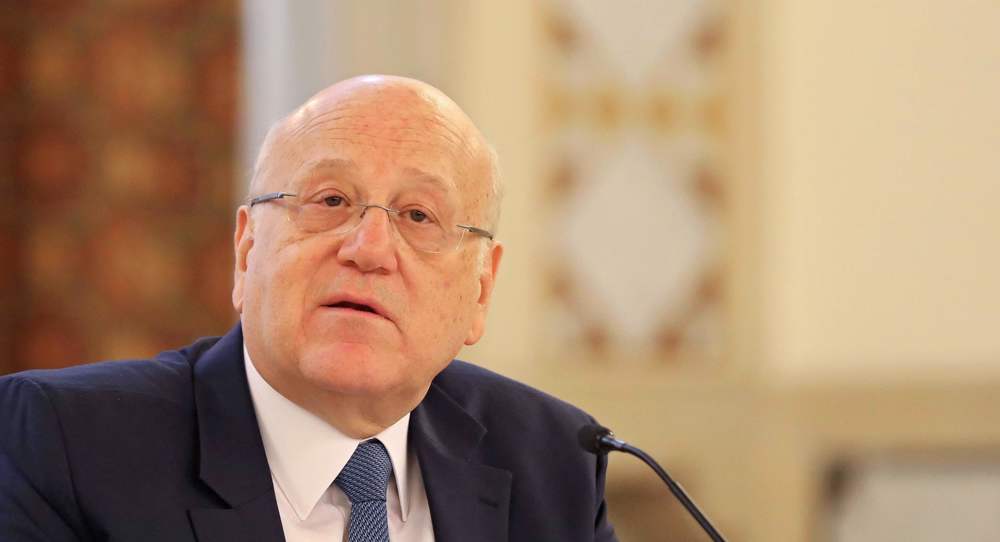
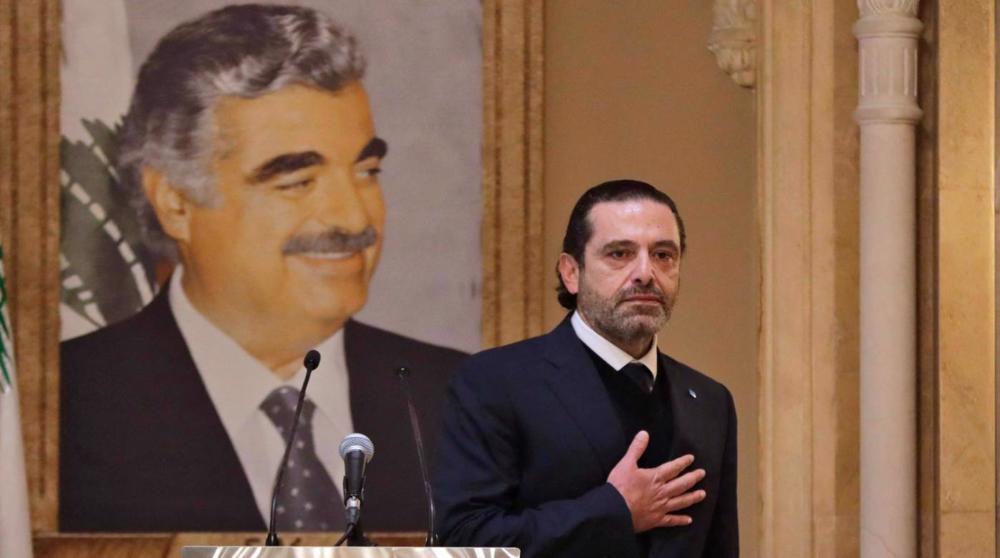



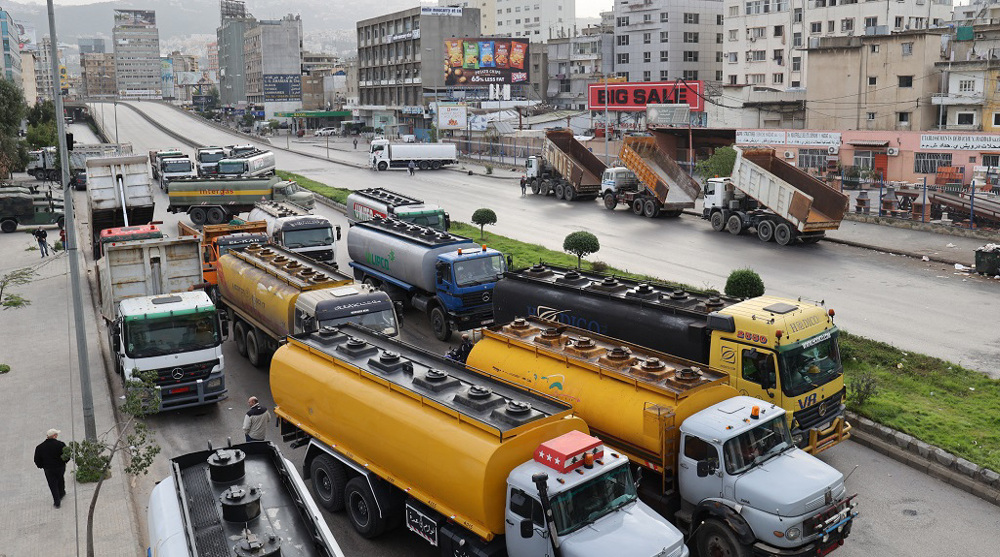

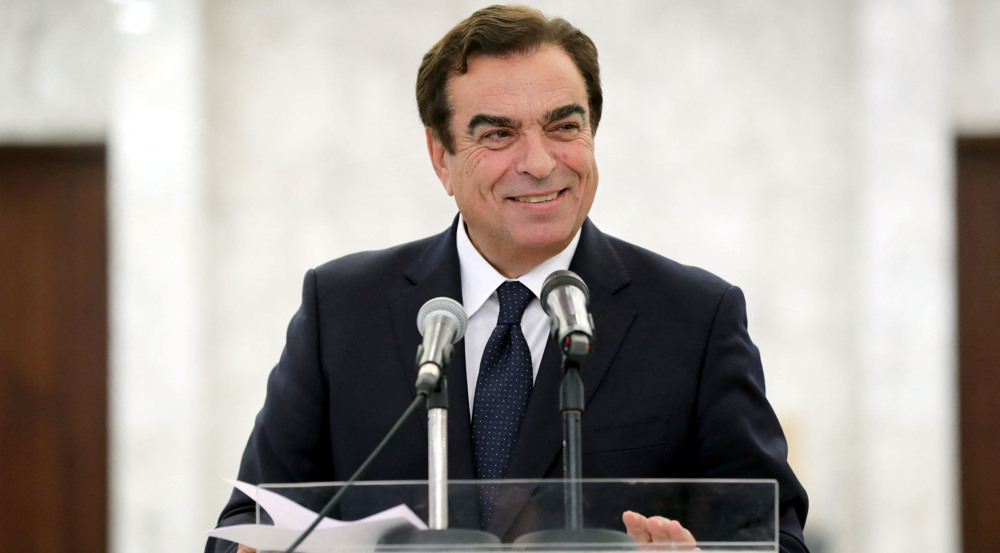

 This makes it easy to access the Press TV website
This makes it easy to access the Press TV website